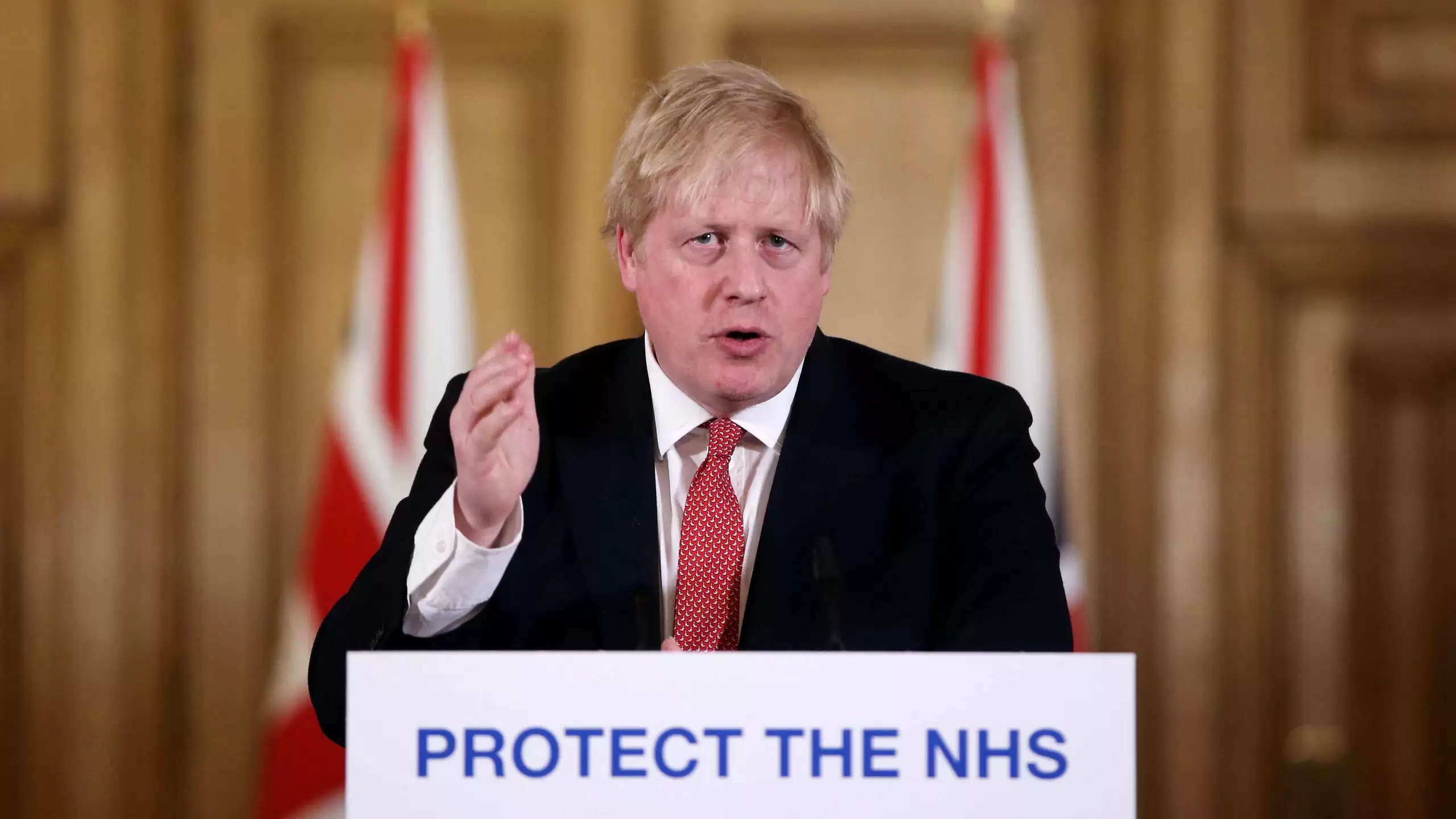Inflation in the United Kingdom is approaching a three-year high.

The Consumer Prices Index in the United Kingdom rose to 2.5 percent in June from 2.1 percent in May, according to the Office for National Statistics, one day after news of soaring US inflation.
London: Official statistics indicated Wednesday that Britain’s annual inflation rate has risen to a three-year high as consumer costs rise as coronavirus restrictions are eased, fueling global inflationary worries.
The Consumer Prices Index rose to 2.5 percent in June from 2.1 percent in May, according to a statement released by the Office for National Statistics one day after news of soaring US inflation.
The economy’s gradual recovery, as well as rising motor fuel and oil costs, pushed up prices to their highest level since August 2018.
The market had predicted a rate of 2.2 percent.
Price increases are ‘widespread’.
“Inflation climbed for the fourth month in a row to its highest level in over three years,” said Jonathan Athow, an ONS statistician.
“The increase was extensive, resulting, for example, from price rises in groceries and second-hand automobiles, where there has been increasing demand.”
“Some of the rises is attributable to transitory causes, such as increased gasoline prices, which continue to drive up inflation, but much of it is due to prices rebounding from epidemic lows.”
Price increases in clothes and footwear added to the rising pressure.
Since March, when the UK government announced a gradual relaxation of coronavirus limitations, inflation has risen dramatically.
In May, the rate surpassed 2.0 percent for the first time since 2019, surpassing the Bank of England’s target threshold.
Meanwhile, most pandemic restrictions in England will be lifted on Monday, allowing the economy to fully reopen.
Investors are concerned about global inflation, fearing that pent-up demand and skyrocketing prices would compel authorities to hike interest rates, stifling the economy’s recovery.
In recent months, rising commodity costs, notable oil, have been a major cause of inflation in many nations.
Last month, the Bank of England warned of a temporary rise in UK inflation to 3.0 percent when the economy reopened, but kept monetary policy steady.
It is nonetheless wary of stifling any nascent economic rebound by raising interest rates too quickly.
Both the Federal Reserve and the European Central Bank have maintained their ultra-low interest rates and economic stimulus programs, claiming that rising inflation is only transitory.
Inflation in the US CPI rose to 5.4 percent in the 12 months ending in June, according to data released on Tuesday.
Since August 2008, this was the highest rate.
Traveling in a ‘worrying’ direction
“We’re still in inflationary limbo,” said AJ Bell analyst Laith Khalaf, “where we can’t determine if rising prices are a statistical blip or a more worrying and persistent aspect of the global economic recovery.”
“Things aren’t quite as heated on this side of the Atlantic, with inflation in the UK still hovering around half that of the United States.
“However, the pace and direction of movement are concerning.”
The Bank of England’s main goal is to keep annual UK inflation near to a government-set target of 2.0 percent in order to keep the pound’s value stable.
.png)